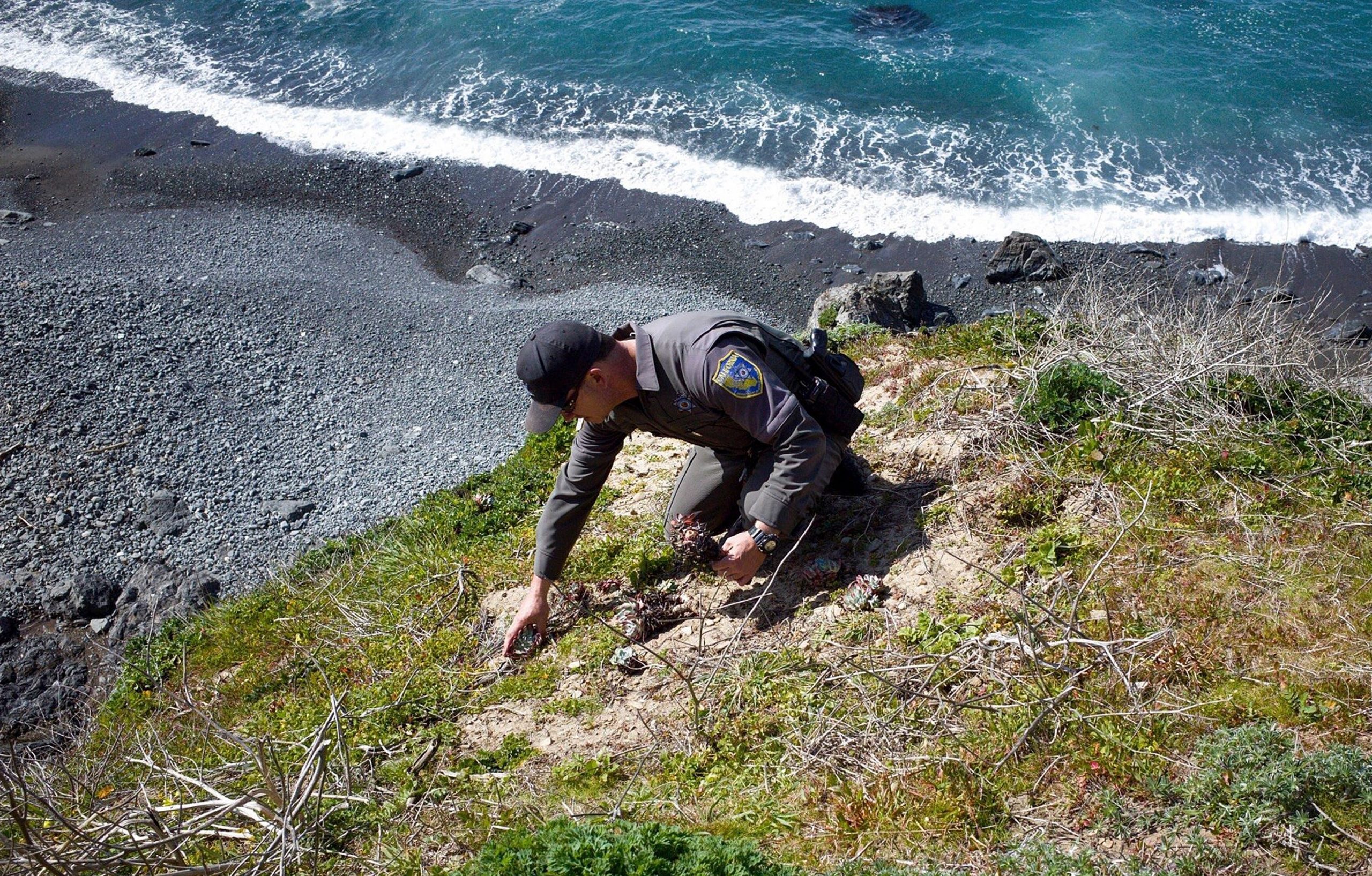
ravis VanZant/California Department of Fish and Wildlife via AP
- Millenials' obsession with plants may be fueling a succulent black market, The Telegraph reported.
- Foreign criminals are poaching endangered species and selling them illegally to plant collectors.
- One researcher told Insider that social media is helping plant smugglers find buyers.
- See more stories on Insider's business page.
Millenials' obsession with houseplants may be linked to criminal heists of wild plants around the world, The Telegraph reported on Sunday.
During the pandemic, quarantined city-dwellers saw houseplants as an opportunity to "bring the outdoors in," Eliza Blank, CEO of plant company The Sill, told Insider last summer.
#PlantTikTok has 3.5 billion views on the social media app, with #succulents linking to 12.2 million posts on Instagram. Some social media 'plantfluencers' film short explainers on how to take care of houseplants, while others show aesthetic tours of their plant-covered apartments.
Now, the social media houseplant boom may be contributing to a black market for rare succulents.
Smugglers are digging up succulents and cacti to meet the soaring demand for houseplants throughout Asia, Europe, and North America. Poaching operations are surging in South Africa, where almost a third of all succulents are found.
According to South African news outlets, an American citizen connected to "Never Enough Cactus" in Los Angeles was arrested last April after poaching 8,000 species of the Conophytum plant, an endangered succulent native to the region. He was sentenced to two years in jail and barred from entering the country again.
This year, two South Korean poachers were arrested in Cape Town for the illegal possession of 60,000 of the same succulents. In February 2020, Italian officials raided more than 1,000 poached cactus plants, worth approximately $1.2 million on the black market, The New York Times reported.
When the pandemic halted international travel, many plant smugglers enlisted unemployed South African locals to capture the plants. According to the Times, they were then sent the GPS coordinates of rare succulents - ultimately allowing larger poaching organizations to avoid arrest.
"It is important in studies of illicit economies to be careful in how we characterize these trades and who is driving demand," Jared Margulies, a political ecology professor at the University of Alabama, told Insider.
Margulies said that the increase in illegal succulent poaching has been accelerated by social media's ability to connect buyers and sellers.
"Many of the succulents currently experiencing collecting pressure the world over are desired by very passionate collectors - these are plants that require some level of expertise and care to keep alive outside their habitats," he said. "They are much less commonly ending up on a casual hobbyist's windowsill."
